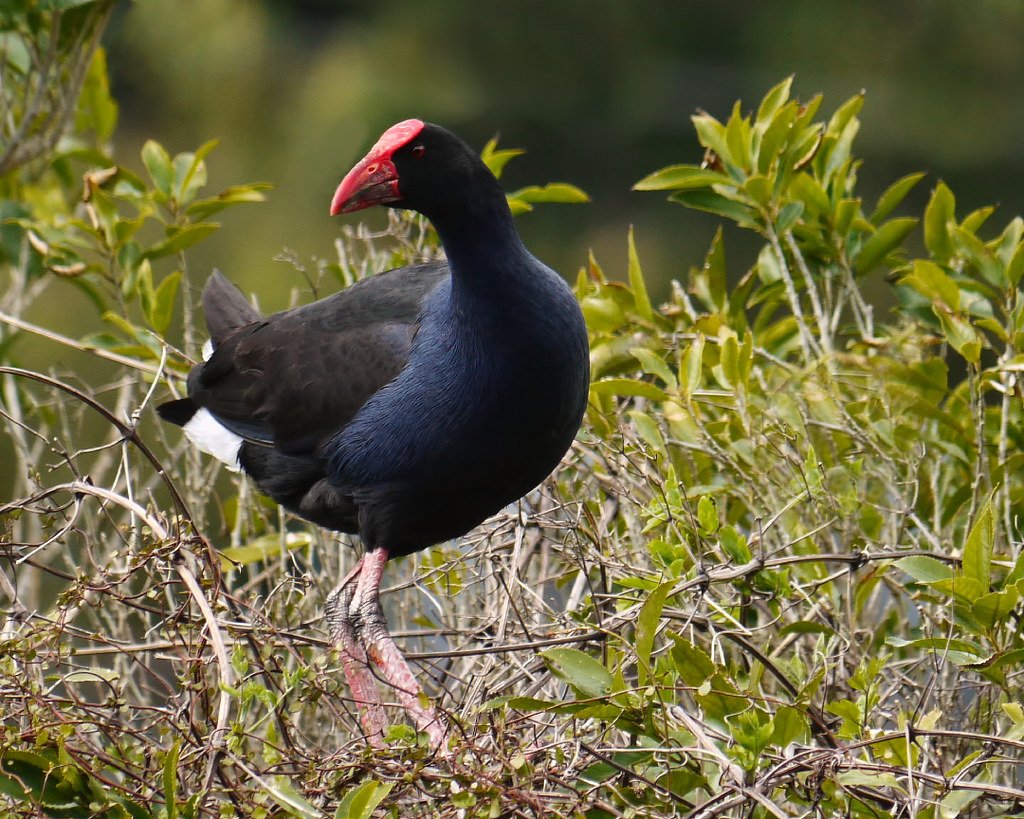
NCEA L1 Chemistry & Biological Science - Mātai Matū me te Mātauranga Koiora
BCS1 Course DescriptionTeacher in Charge: Dr E. Attridge.
Science is able to inform problem-solving and decision-making in many areas of life. Many of the major challenges and opportunities that confront our world need to be approached from a scientific perspective, taking into account social and ethical considerations.
Studying science enables you to:
- develop an understanding of the world, built on current scientific theories
- learn that science involves particular processes and ways of developing and organising knowledge and that these continue to evolve
- use their current scientific knowledge and skills for problem-solving and developing further knowledge
- use scientific knowledge and skills to make informed decisions about the communication, application, and implications of science as these relate to their own lives and cultures and to the sustainability of the environment.
This Level 1 Science course will give you a general understanding of biology and chemistry. If you want to study chemistry or biology at level 2, then this course is essential for you.
This consolidated subject weaves together learning from the living world and material world strands of The New Zealand Curriculum. In both these strands, ākonga will develop ways of thinking and ways of working in biology and chemistry as they explore mātauranga Māori concepts of whakapapa, mauri, taiao and kaitiakitanga.
The living world strand is about the mauri of living things and how they interact as part of the taiao. Ākonga develop an understanding of the variation, continuity, and interconnectedness of life. They seek evidence to explain the nature of living things and interactions within and between biological system levels.

What ākonga learn is directly relevant to our species and environment. The emphasis is on the living world of Aotearoa New Zealand and the Pacific, including the sustainability of our unique taonga - fauna, flora, and ecosystems. Ākonga will deepen their connection with their whakapapa to understand their place in the local community. As a result of studying the living world, ākonga are able to explore kaitiakitanga and make more informed decisions about significant biological issues such as genetic technologies, the use of antibiotics, and vaccinations.

The material world strand involves the study of matter and the changes it undergoes. Ākonga develop an understanding of the atomic composition of matter and use this to explain and predict the properties and behaviour of different everyday materials. Chemistry allows us to predict how substances may alter when the surrounding conditions change, how they react to form new substances, and how the mauri of the taiao is affected when this happens.

Chemistry is all around us, for example in biological processes, cooking, burning of fuel, and rusting of cars. Using their knowledge of chemistry, ākonga can make sense of the world around them. They are better able to understand science-related challenges such as the development of new materials, ways of working with materials, and explore kaitiakitanga for environmental sustainability.

Studying Chemistry and Biology will allow ākonga to deepen their understanding of the taiao - themselves, other living things and the physical environment around them. Learning the language and Nature of Science ways of thinking in this subject will also prepare ākonga for further study in Chemistry and Biology at NCEA Level 2, and provide a useful foundation for a range of pathways, for example in healthcare, environment and conservation, food production and technology, agriculture and horticulture, pharmaceuticals, and energy.
Course Overview
Term 1
In this term, you will continue learning about the chemistry and biology of our local area. You will have the opportunity to build a wider knowledge about the chemical reactions occurring in local rivers and on the East coast.
Term 2
In this term, you will investigate the chemistry and biology of a local waterway. You will have the opportunity to develop skills to use a range of scientific investigative approaches to evaluate the health of the waterway. This will include the diversity of the organisms living there, and patterns of where they live. You will test the river to understand more about its chemistry and how this affects the organisms in it, You will begin to consider the genetics of the organisms living within the catchment zone.
Term 3
In this term, you will start learning about the chemistry and biology of the Te Hoiere - Pelorus catchment zone.
You will build knowledge about the relationships between microorganisms and the environment.
Term 4
In this term, you will have the opportunity to build wider knowledge about the genetic variation occurring here and on the East coast .
Year 11 (NCEA Level 1), Year 11 Science Requirement, Science - Mātauranga Pūtaiao
Assessment Information
Note - these standards are provisional and may change.
NCEA L2 Biology - Mātauranga Koiora, NCEA L2 Chemistry - Mātai Matū, NCEA L2 Physics - Mātai Ahupūngao, NCEA L2 Psychology - Mātai Hinengaro, NCEA L2 Science - Mātauranga Pūtaiao, NCEA L2 Sustainable Marine Science - Pūtaiao Moana Pūmau
Career PathwaysMining Engineer, Chemical Engineer, Biochemist, Biomedical Engineer, Biotechnologist, Metal Worker, Phlebotomist, Acupuncturist, Personal Trainer/Exercise Professional, Registered Nurse, Agricultural/Horticultural Scientist, Agricultural/Horticultural Consultant, Paramedic, Anaesthetist, Pathologist, Veterinary Nurse, Zoologist, Aquaculture Farmer, Zookeeper, Marine Biologist, Arborist, Medical Physicist, Beekeeper, Chemist, Meat/Seafood Process Worker, Audiologist/Audiometrist, Microbiologist